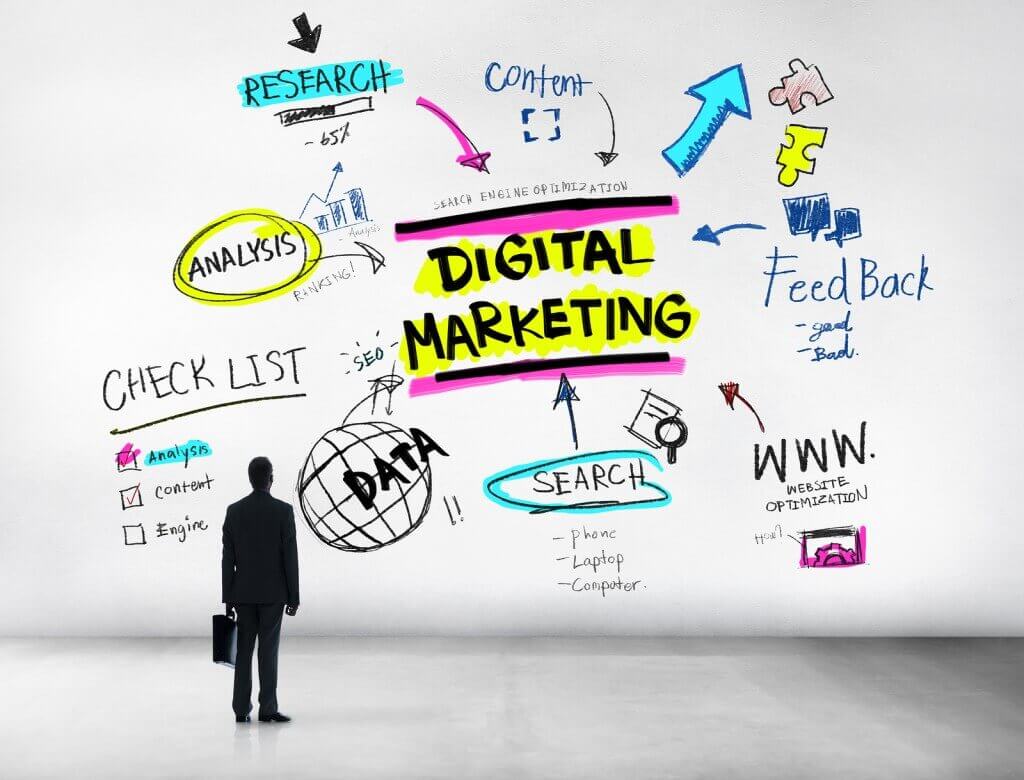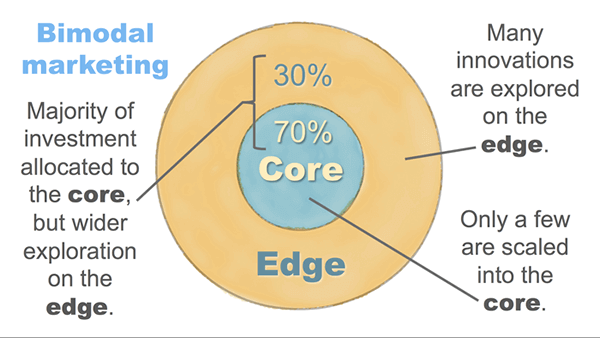
I had the pleasure of introducing Scott Brinker, co-founder & CTO of i-on interactive, and author of “Hacking Marketing.” His thought provoking presentation titled “Hacking Marketing: The Amazing Convergence of Marketing and Software” spoke about the growing similarities between both disciplines in a digital age.
As eCommerce professionals, it’s increasingly difficult to keep up with technical advancements happening around us. In 2011, for instance, there were 150 different marketing technology companies. Fast forward to 2016, and it was over 3,500, and in 2017 it will be even more.
But while computer science is advancing at a breakneck pace, organizational change is not. And in hospitality – an industry notorious for not innovating fast enough – this represents a legitimate problem.
The reality is, marketing must move swiftly, adapt more rapidly to market feedback, and manage an increasingly complex set of customer experience touchpoints. All of these challenges are shaped by the dynamics of technology and at its rapid evolution it has created a scenario in which what a student learns in university is almost irrelevant by the time they enter the workforce.
But both marketing and software leaders are learning how to be more agile, to better serve the changing needs of the marketplace and its customers. Scott used the concept of bimodal marketing as a potential solution. In context, this involves focusing on two things:
- The core; the essential day-to-day marketing activities required by business in order to increase revenue
- The edge; opportunities that exist on the periphery to adapt, experiment, innovate and scale
Both are central to hotel marketers. After all, it comes down to taking constant action that’s aligned with your digital marketing strategy to improve bookings, but there should also be time to experiment and innovate if there’s ever going to be a meaningful impact on the P&L.

This set the stage for some very worthwhile breakout sessions at the conference, designed to motivate attendees to think about how they could take best practice insights and apply them to their own marketing strategies. These sessions checked all significant boxes covering subjects like Macro Trends in Travel, Strategic Digital Storytelling, Demystifying Distribution, and the intersection of SEO and social media.
I was particularly impressed with Sojern’s presentation, “From Search Engine to Booking Engine,” which explored new ways to target online travel shoppers at different stages of the buying journey.




